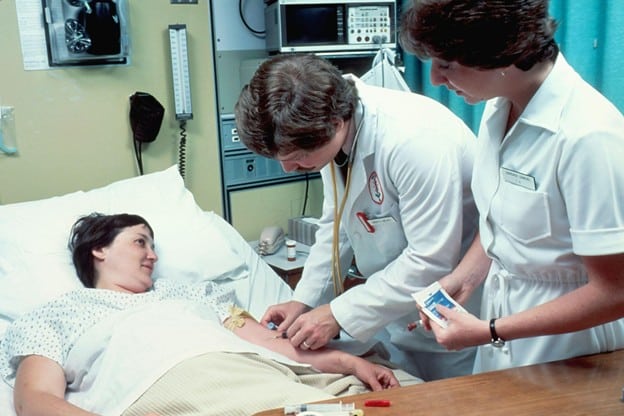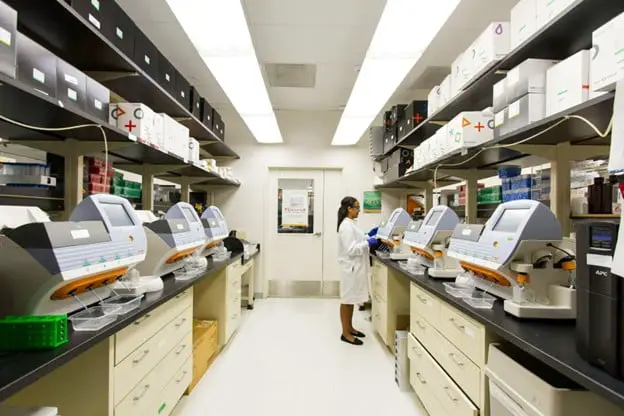Discover The Little Known Career You Can Start Today – Medical Transcription

Are you seeking a rewarding career in the healthcare industry without spending years in medical school? Do you have a keen eye for detail and a knack for typing? If so, we have a secret to share with you. A career path that is often overlooked, yet offers a world of opportunities – Medical Transcription. We’ll show you the steps to becoming a successful medical transcriptionist, a profession that is both challenging and rewarding.
Understanding the Role
Before we dive into the ‘how’, let’s first understand the ‘what’. A medical transcriptionist is a skilled professional who transcribes medical reports from doctors’ voice recordings. These reports are crucial for patient care, insurance, and legal purposes. This profession requires a unique blend of medical knowledge, typing speed, and accuracy.
Medical transcriptionists are the unsung heroes of the healthcare industry. They play a vital role in ensuring accurate medical records, which is crucial for high-quality patient care. Now that you know the importance of this role, let’s explore how you can become one.
Educational Requirements
Unlike many healthcare professions, becoming a medical transcriptionist doesn’t require years of schooling. A high school diploma or equivalent is typically the minimum requirement. However, employers often prefer candidates with postsecondary education in medical transcription.
Several vocational schools, community colleges, and online learning platforms offer certificate programs in medical transcription. These programs typically take less than a year to complete and cover subjects like anatomy, medical terminology, risk management, and legal issues related to healthcare documentation.
Skills Needed
Being a medical transcriptionist requires more than just a certificate. You need to have excellent listening skills, a high typing speed, and a keen eye for detail. You also need to have a solid understanding of medical terminology, grammar, and punctuation.
Moreover, you should be comfortable with using transcription equipment and software. Familiarity with electronic health records (EHR) systems can also give you an edge over other candidates.
Gaining Experience
Like any other profession, experience matters in medical transcription. Many employers prefer hiring transcriptionists with some experience. But how do you gain experience if no one is willing to hire you without it? Internships and volunteer work can be a great way to gain practical experience.
Many medical transcription programs offer internships as part of their curriculum. You can also consider volunteering at a local hospital or clinic. This will not only give you hands-on experience but also help you build a professional network.
Certification
While not mandatory, getting certified can boost your career prospects. The Association for Healthcare Documentation Integrity (AHDI) offers two types of certifications – Registered Healthcare Documentation Specialist (RHDS) and Certified Healthcare Documentation Specialist (CHDS).
The RHDS certification is ideal for beginners, while the CHDS is meant for experienced transcriptionists. These certifications can make you more attractive to employers and potentially lead to higher pay.
Job Hunting
Once you have the necessary education and skills, it’s time to start job hunting. Start by looking for job postings on online job boards, company websites, and professional associations like the AHDI. Don’t forget to leverage your professional network.
When applying for jobs, make sure to tailor your resume and cover letter to each job posting. Highlight your education, skills, and any relevant experience. Remember, persistence is key. Don’t get discouraged if you don’t land a job right away.
Continuous Learning
The healthcare industry is constantly evolving, and so should you. To stay relevant in this field, you need to keep learning. This could mean taking continuing education courses, attending workshops, or reading industry publications.
Staying updated with the latest industry trends and technologies can make you more valuable to employers. It can also open up opportunities for career advancement.
Career Advancement
With experience and continuous learning, you can advance in your career. You could move into a supervisory role, become a medical coder, or even start your own medical transcription service.
The possibilities are endless. But remember, career advancement requires effort and dedication. So, keep learning, keep growing, and keep pushing your boundaries.
Writing Your Success Story
Becoming a medical transcriptionist is a journey, not a destination. It requires continuous learning and adaptation. But with the right mindset and determination, you can build a successful career in this field.
So, are you ready to embark on this exciting journey? If yes, then start today. Remember, the only thing standing between you and your dream career is action.






